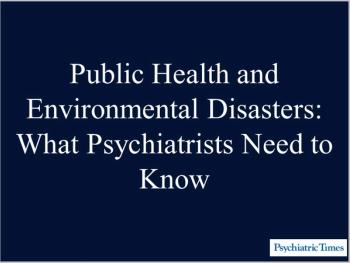
Most individuals who have experienced a disaster-related event or epidemic are at increased risk for distress behaviors that have equally significant and chronic consequences. Here’s what psychiatrists need to know.

Most individuals who have experienced a disaster-related event or epidemic are at increased risk for distress behaviors that have equally significant and chronic consequences. Here’s what psychiatrists need to know.

Suggestions for what psychiatry can do to alleviate, contain, and eventually prevent or avoid the demolition of culture and health.

What policy prescriptions, if any, would you make on a federal level for reducing gun violence in America? That question and more answered.
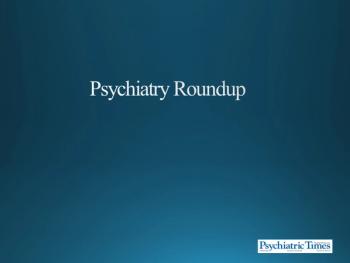
In the aftermath of the Orlando massacre, nearly half a million physicians declared war on gun violence. This story and more in our psychiatry roundup.
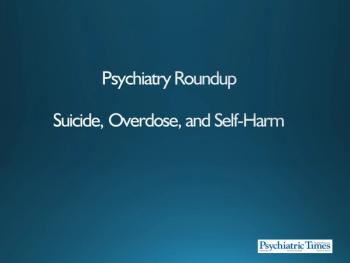
A recent study reported that burnout rates in one hospital were over 75%. This story and more in our psychiatry roundup.
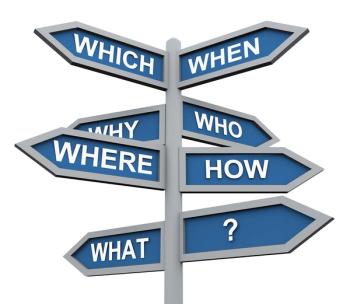
As 2015 comes to an end, here's what psychiatry can -- and can't -- bring to the table, especially when it comes to acts of terrorism.

There is no one-size-fits-all solution to how people and cultures should respond to overwhelming stress, depression, and trauma.

I miss a gentler America-one where assault weapons and 14 dead people weren’t part of the daily ride to work. Can we work together to get back there?

In addition to helping indiviiduals with PTSD, psychiatrists can play an active role in resolving trauma experienced by the country as a whole.
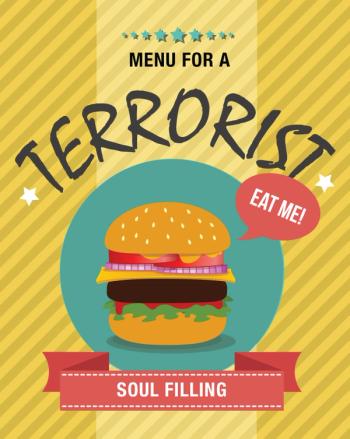
The authors explore possible reasons why young people in the West leave their families, friends, and home culture to join terrorist organizations.

Radicalization by Norwegian converts to the Prophet’s Ummah produced massive and terrible social consequences. The explanations offered may be pertinent to the current attraction that ISIS offers for too many young persons in many countries of the civilized world.

If forgiveness soon after trauma helps avert mental disorders or retaliation, how could the aftermath of the Charleston tragedy not end up being one of the great moments of forgiveness in history?

Playing helpless witness to a growing epidemic with no cure takes us back in time. The Hippocratics called it the “art” of medicine. It does not take a psychiatrist, however, to see that this “artful” approach frequently fails in public health crises.
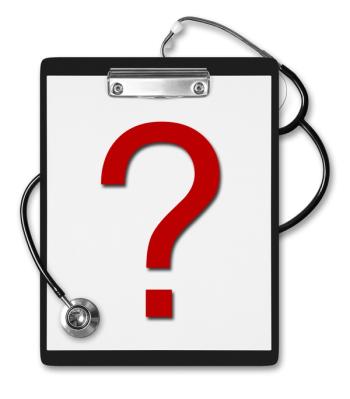
We have many tragic events that affect our collective grieving process. How should they be mourned over time?

Professions, psychiatry included, do not have a stellar record of protecting those they serve. Do we have reason to believe that professional organizations or corporate entities can be trusted to protect their clientele?
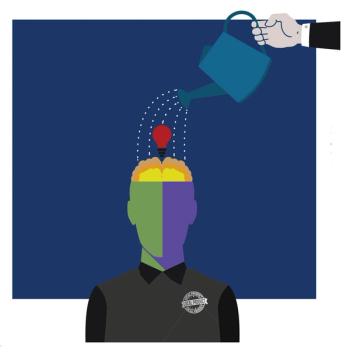
The author applies psychodynamic psychology to understand and recognize so-called "homegrown" terrorists, individuals who are familiar with American culture and thus more difficult to detect.

“I may never know who you are,” writes this psychiatrist, “but if you provided medical or psychiatric care for the co-pilot of Germanwings Flight 9525, we are colleagues. And you too are his victims, of sorts. I hope your reputation does not suffer unduly.”

Today, we embrace the collective experiences of our fellow members of the human race, this Holocaust Remembrance Day and 70th Anniversary of Auschwitz liberation.

A commentary on civility and ethical standards in the aftermath of terrorist events in France.

A commentary on France's response to recent acts of terrorism that unified a nation and the world, co-written by a psychiatrist who was at the Paris Rally.

The greatest tribute to those who perished in France may be to find better ways to put out the fires of terrorism. Mental health professionals are trained to use words to diffuse conflict. The pen is mightier than the sword, but it can also tempt the reckless to load their weapons.

When widespread fear and anxiety about the spread of an infectious disease stress our society, psychiatrists can play a variety of important roles in population health management.
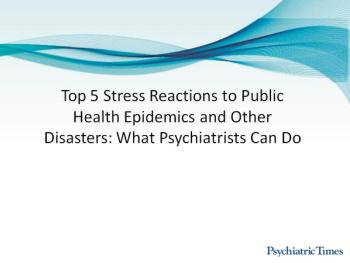
People experience a spectrum of reactions as a result of epidemics, such as Ebola, and disasters, such as weather-related events. Psychiatrists can provide interventions for those who are in distress with a special focus on mitigating these disaster stress reactions.

This sunflower at the 9/11 Memorial said that a ray of sunshine remains, and that life blooms anew, in spite of the losses.

What differentiates this film from other Holocaust documentaries is that it documents the bonds between 4 Israeli-born siblings, recently bereaved, as much as it documents details about the fate of their father at the hands of Hitler’s henchmen.